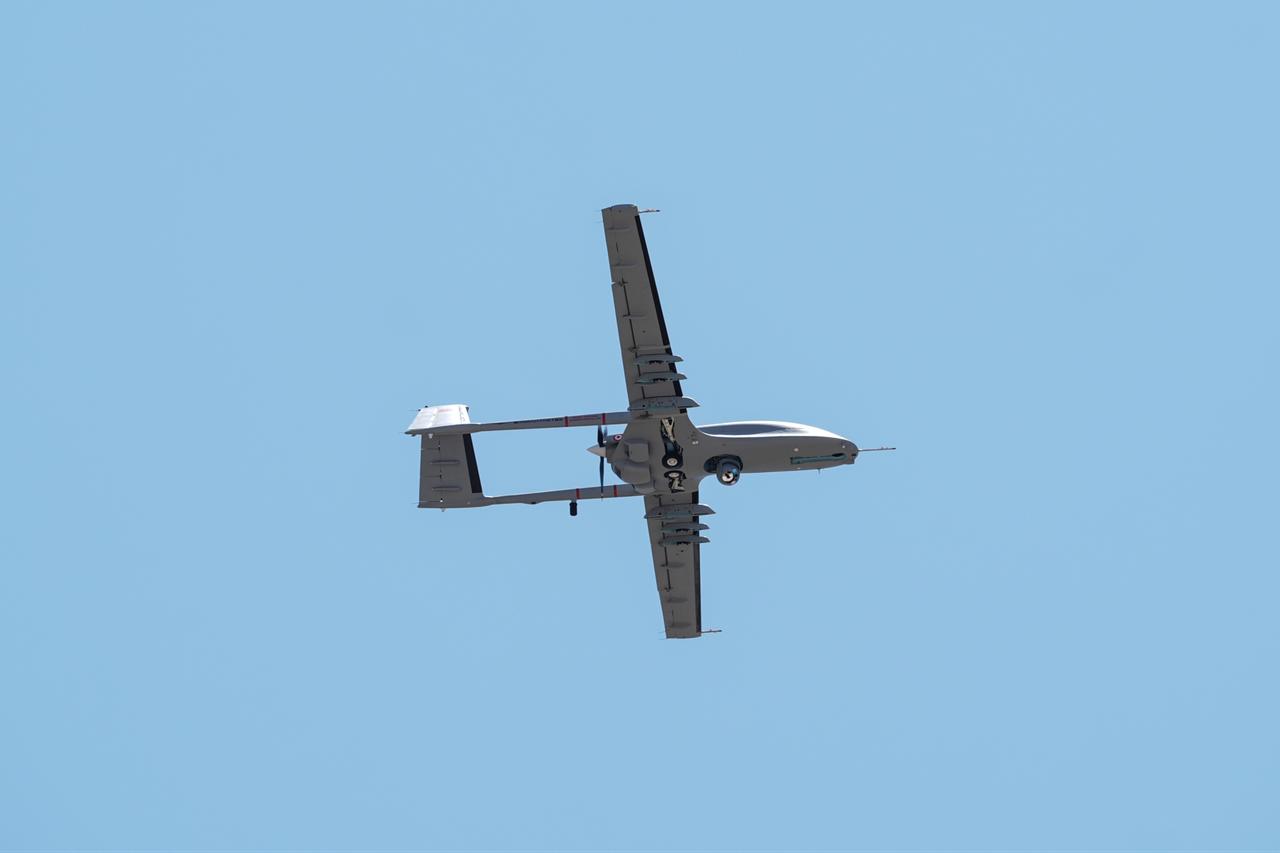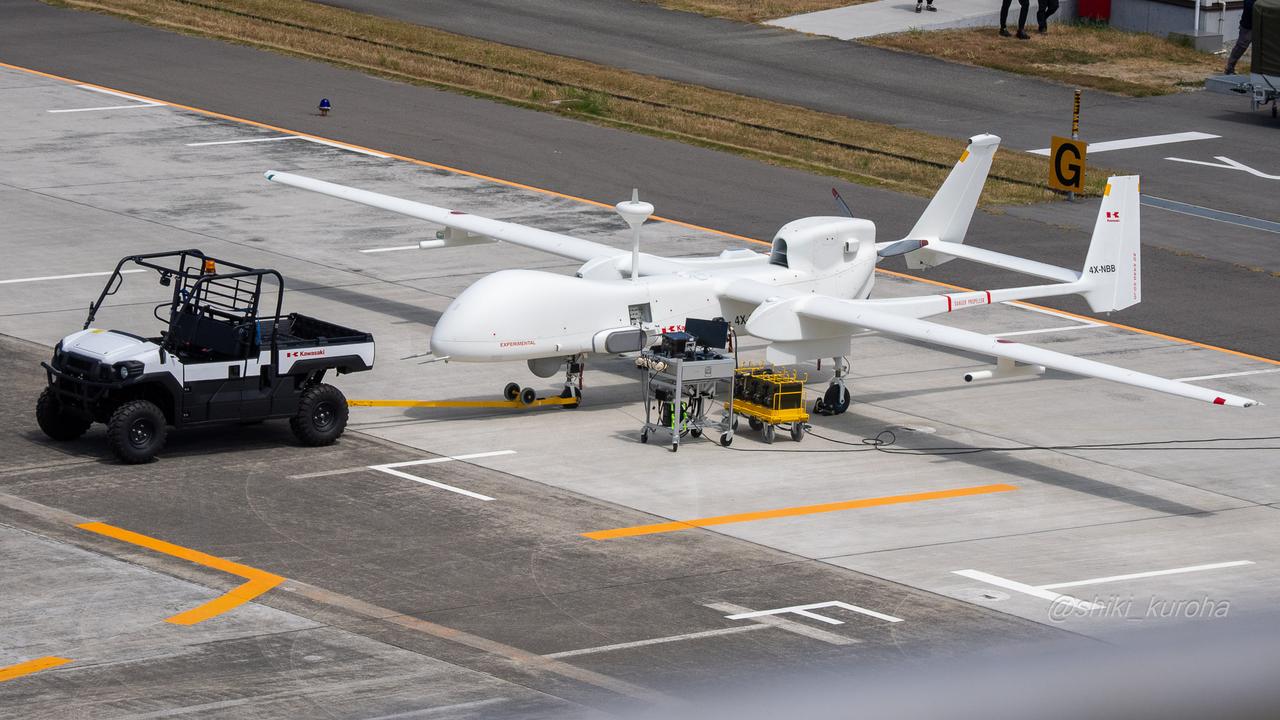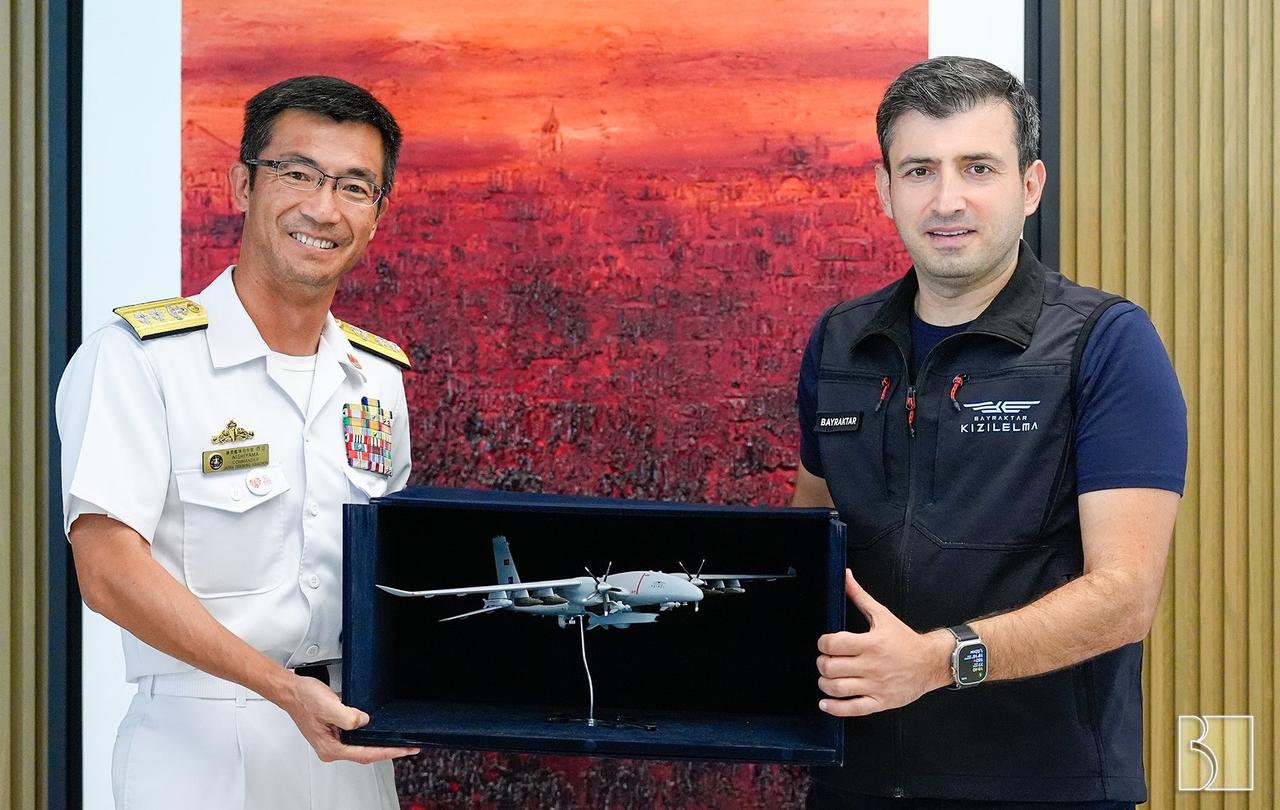
Japan's government is planning massive deployment of defense unmanned aerial vehicles (UAVs) with approximately $690 million allocated in the fiscal 2026 budget proposal, according to Japanese media reports.
The procurement strategy includes consideration of low-cost Turkish drones used by Ukraine in its conflict with Russia, alongside other international UAV options. While Japan aims to establish domestic drone production capacity in the medium to long term, immediate priority focuses on rapid delivery to ground, naval, and air forces to enhance attack and reconnaissance capabilities.
Japan's Defense Ministry reportedly established a special working group in April to examine future warfare methods. A government official outlined the strategic approach, stating: "The basic strategy is 'quantity over quality.' We are prioritizing securing numerical superiority first."
This approach involves purchasing relatively inexpensive drones from overseas suppliers to rapidly build defensive capabilities.
Japan's 2022 Defense Capability Development Plan emphasized drone effectiveness "to minimize personnel casualties while carrying out missions." The fiscal 2025 budget allocated significant resources for UAV procurement:
Japan is simultaneously evaluating two major drone platforms: Israel's Heron 2 and Türkiye's Bayraktar TB2 unmanned aircraft systems, marking a decisive shift in Japan's Western Pacific surveillance and deterrence strategy.
An Israeli-manufactured Heron 2 drone system was recently photographed on Japanese territory, bearing Israeli registration numbers and Kawasaki Heavy Industries markings.
This represents the first publicly recorded test of Israeli combat drones in Japan.

Japanese military officials have conducted extensive visits to drone manufacturers. On Aug. 11, 2024, Rear Admiral Takahiro Nishiyama, Commander of the Japan Training Fleet, and a Japanese Navy delegation visited Baykar's Ozdemir Bayraktar National Technology Center.
Japan's Ambassador to Türkiye, Suzuki Kazuhiro, also visited the same facility on April 1, 2023, with an accompanying delegation, according to Baykar's statements.
The Turkish Bayraktar TB2 offers a lighter, combat-proven alternative with different specifications:
Both Israeli and Turkish suppliers have expressed willingness to discuss licensed production, maintenance, and payload joint development with major Japanese companies including Kawasaki and Subaru.
If Japan proceeds with procurement, Kawasaki Heavy Industries may manufacture or assemble platforms locally, providing autonomous capability while generating industrial returns.

Japanese defense analysts suggest the drones would serve complementary roles in Japan's defense strategy.
The Heron 2 would function as a high-altitude, multi-intelligence "sensor truck" providing target data to patrol aircraft, Aegis destroyers, and coastal batteries. Its endurance allows continuous maritime awareness over complete day-night cycles.
The TB2 would provide cost-effective coverage of coastlines, straits, and island chains, with capability to carry light strike payloads for intercepting small surface threats. Its smaller logistical footprint makes it suitable for deployment to airfields in the Ryukyu Islands.